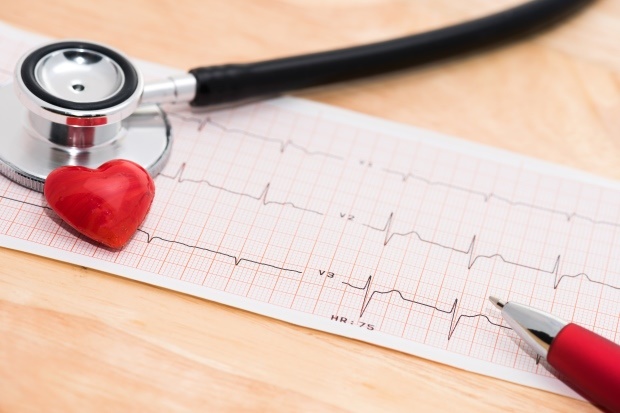Aerobic-style cardiovascular exercises – continuous exercise that you can sustain for more than ten minutes – strengthen the heart muscles and the lungs, while reducing overall body fat.
Reducing body fat only occurs in combination with a decreased calorie intake and working at 60-80% of your maximum heart rate,” said registered Biokineticist, Monique Bouwer.
If you are new to a workout or exercise as a whole, there are a number of fun cardiovascular exercises you can do in the comfort of your own home.
Cardio is one of the best fitness routines to get started with as it does not require any expensive gym equipment or machinery. Instead, these exercises can be done with just a pair of exercise shoes and minimal equipment-use.
1. Dance:
Dancing is a full-body workout and it is actually quite fun. Freestyle dancing makes your heart pump faster, increasing your breathing rate, and works your muscles.
But in the context of exercise, there is no specific form or style of dance you need to do, just as long as your body is constantly moving and energised.
Bouwer suggests watching YouTube videos of dance and fitness where you can follow the instructor.
You are essentially increasing your heart rate and burning off some unwanted calories.
So why not turn on some tunes and feel inspired – music offers constant stimulation and encouragement to keep moving. You can dance in your bedroom or in the kitchen, for just a few minutes each day.
“You can start at 10 minutes and increase it to at least 30 minutes per session, if not an hour,” adds Bouwer.
2. Jump-rope:
Contrary to what you may believe, jumping rope is not just for children on the playground or during break time and school.
“Beginners who struggle to jump rope and can start by jumping on the spot without a rope at first,” Bouwer advises.
This is an excellent form of cardio as well as improving your speed, agility, alignment and balance. All you’ll need is a jump rope (the correct length depending on your body) and a firm and flat surface.
Jumping rope not only improves and works your lungs, but it also tones your legs and lower body. You can jump at your own pace, for a set amount of time.
3. Jump squats:
Any exercise gets your blood pumping and your heart racing. Not only do jump squats increase your heart rate and breathing rate (as with most exercises), it also tones and strengthens calf muscles, glutes, hamstrings, and core stability (keeping your body stable and balanced).
With strengthening muscle, you are essentially burning excess fat.
You will not lose excess fat because with this exercise, your body weight will increase due to the increased muscle mass.
“Jump-squats are not advised for losing weight, except if you can do it for 30 minutes, which is not a good idea,” says Bouwer
4. Jumping jacks:
Jumping jacks are a fun and popular form of exercise that can be used for both a warm-up and a cardio exercise on its own. This is a good way to improve your stamina, endurance, and burn calories in an efficient and effective way.
At the end of the day, jumping jacks go a long way in improving your endurance by strengthening your muscles and conditioning your cardiovascular system for a better performance and health. It also improves your coordination.
5. Burpees:
Are you ready to take your cardiovascular fitness to a new level at home? Then burpees are for you. This high intensity exercise will get your heart rate up in no time if you are already fit.
There are, however, a number of different intensities of burpees to challenge your fitness levels, adds Bouwer.
A key to maintaining good cardiovascular health is to challenge your body as you progress. And with every rep, you’ll be working your arms, chest, glutes, hamstrings, quads, and abs.
Give yourself enough space in your home to perform this exercise. The best thing about burpees is that you’ll get fit fast, with no equipment at all.
Ultimately, being in control of your fitness and health is a good feeling. And if you are doing it right and what is best for you and your body, you’ll be motivated to continue with this healthy lifestyle.
References:
Monique Bouwer, Registered Biokineticist
This article is provided through a sponsorship from Pfizer in the interests of continuous medical education. Notwithstanding Pfizer’s sponsorship of this publication, neither Pfizer nor its subsidiary or affiliated companies shall be liable for any damages, claims, liabilities, costs or obligations arising from the misuse of the information provided in this publication. Readers are advised to consult their health care practitioner for specific information on personal health matters as this is not the intention or purpose of the publication. Specific medical advice or recommendations on the clinical management of patients will not be provided by Pfizer. In this regard Pfizer does not support the use of products for off label indications, nor dosing which falls outside the approved label recommendations and readers must refer to the Package Insert of any product for full prescribing guidelines.














